
Erika De Castro
Chemical Ecologist and Entomologist
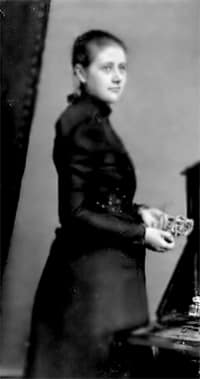
Beatrix Potter
Mycologist
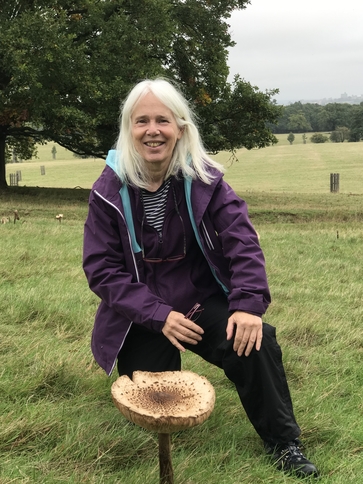
Lynne Boddy
Fungal Ecologist
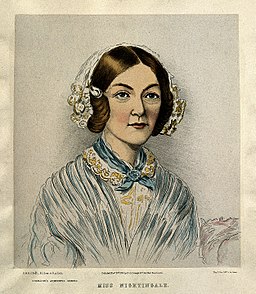
Florence Nightingale
Statistician and Nurse
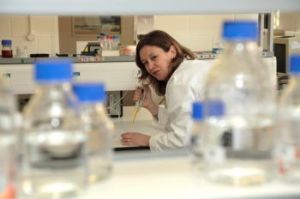
Louise Serpell
Biochemist, Neuroscientist
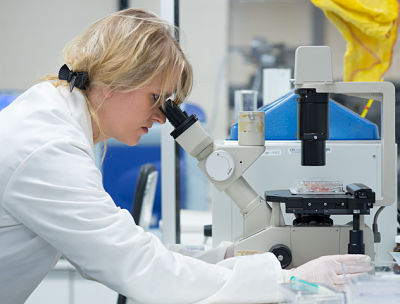
Karen Marshall
Biochemist
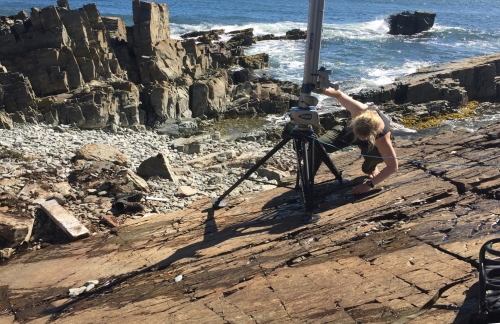
Emily Mitchell
Palaeontologist and Marine Ecologist
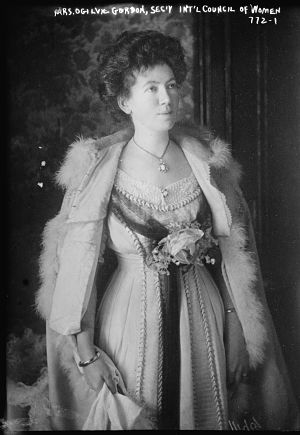
Maria Ogilvie Gordon
Geologist

Isabella Leitch
Nutritional Physiologist

Evelyn Baxter
Ornithologist

Alison Dunne
Scientist and Engineer
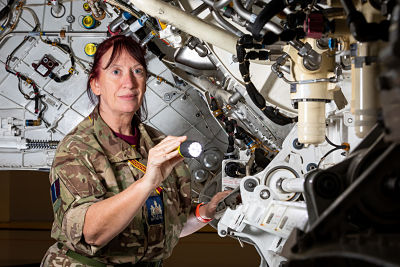
Ali Fisher
Aircraft Engineer
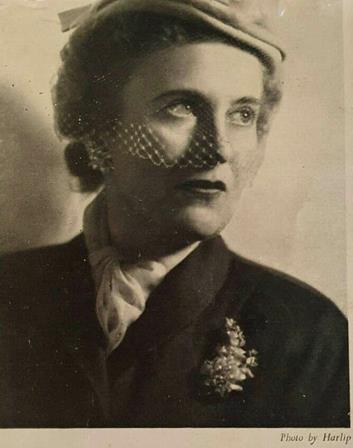
Doris Grant
Nutritionist
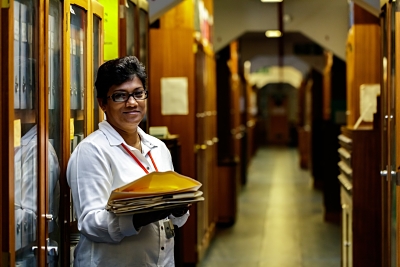
Gothamie Weerakoon
Ecologist and Lichen Taxonomist
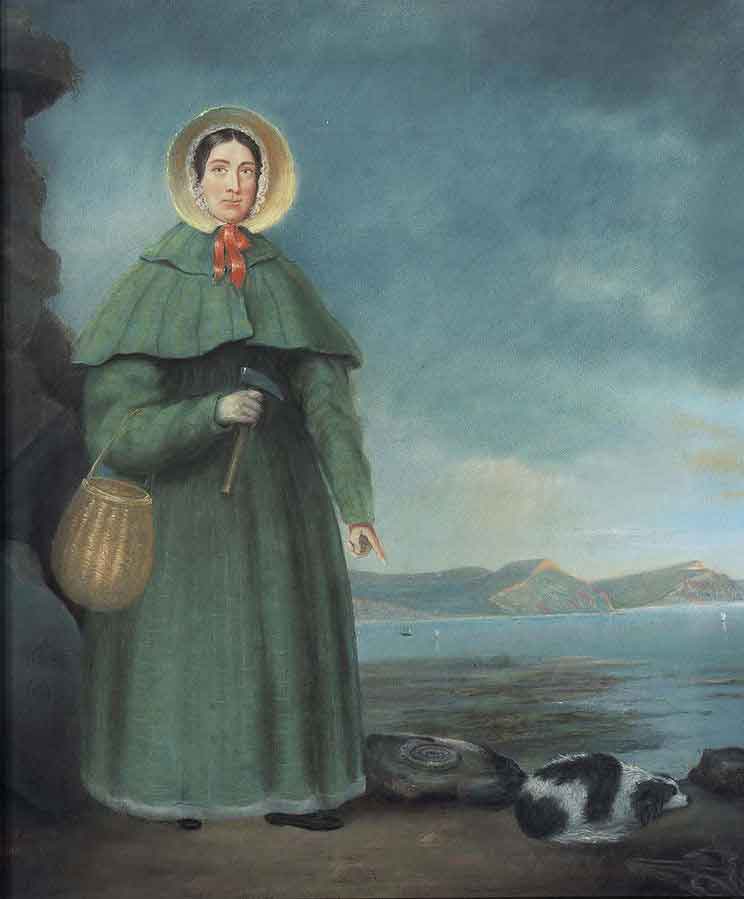
Mary Anning
Palaeontologist
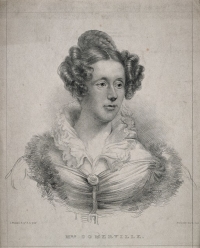
Mary Somerville
Mathematician and Physicist

Kristín Björg Arnardóttir
Theoretical Physicist

Sarah clay
Simulation Scientist
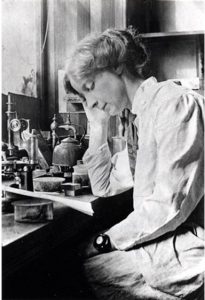
Doris Mackinnon
Zoologist

Elizabeth Masden
Ecologist
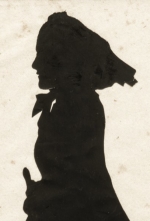
Elizabeth Gray
Fossil Collector
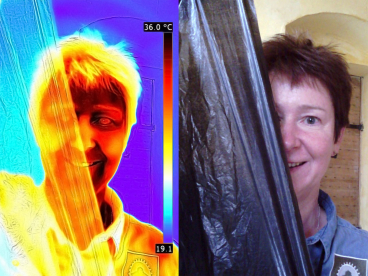
Maureen Young
Conservation Scientist and Geologist
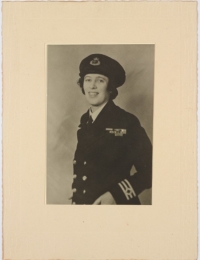
Victoria Drummond
Marine Engineer
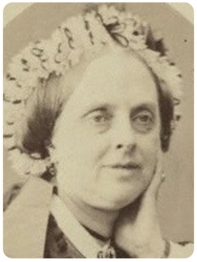
Mary Lyell
Conchologist and Geologist
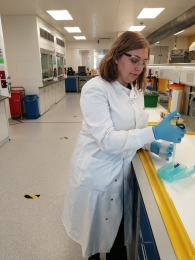
Amy Petts
Analytical Chemist

Maryam Imani
Civil Engineer

Thalia Monro-Somerville
Critical Care Consultant
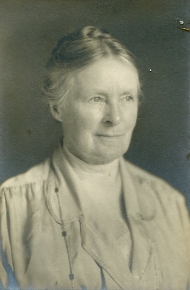
Gulielma Lister
Botanist

Marion Gray
Mathematician
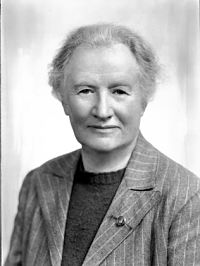
Leonora Rintoul
Ornithologist

Lilian Bader
Aircraft Instrument Engineer

Debbie Samwell
Wildlife Conservationist and Performing Arts Specialist

Caroline Rixon
Mathematician & Engineer

Ingrida Juraite
Mathematician & Systems Engineer
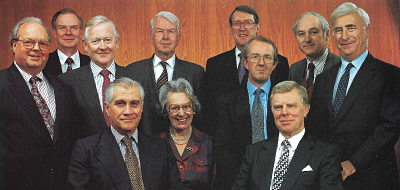
Beryl Platt
Engineer
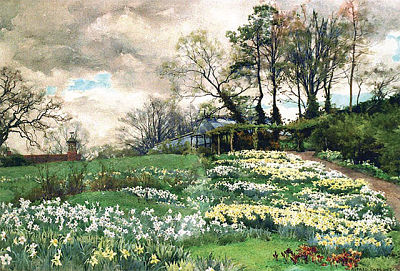
Ellen Willmott
Botanist
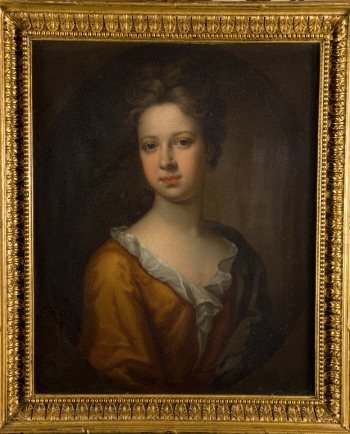
Elizabeth Tollet
Scientific Poet

Claire Sharpe
Kidney Doctor

Helen Jacobs
Ecologist

Mischa Cross
Ecologist

Elizabeth Kuipers
Clinical Psychologist

Jean Valentine
Codebreaker during World War 2
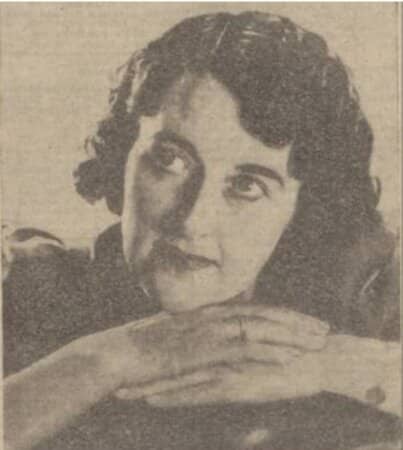
Florence Attridge
Radio Technician

Beatrix Potter
Mycologist

Margaret Cavendish
Natural Philosopher

Rosalind Franklin
X-ray Crystallographer & Biophysicist

Adeline H Campbell
Physician and Surgeon
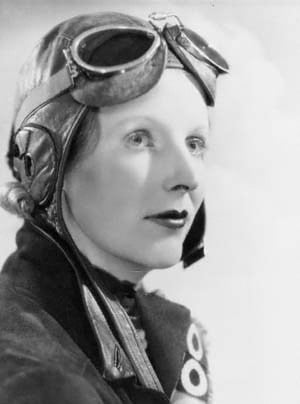
Dorothy Spicer
Aircraft Engineer

Mary Russell, Duchess of Bedford
Ornithologist and Radiographer
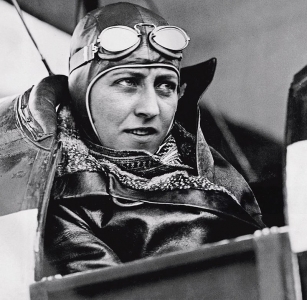
Amy Johnson
Aeronautical Engineer and Pilot

Victoria Drummond
Marine Engineer

Louise Larkin
Engineer

Agnes Borthwick
Munitions Works Manager

Meng Yang
Astronomer
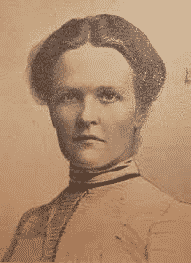
Agnes Metcalfe
Educational Scientist

Audrey Litterick
Crop and Soil Scientist
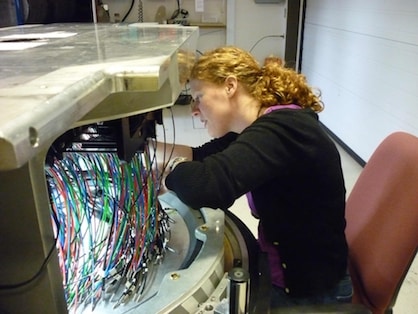
Anne Marie Weijmans
Astronomer
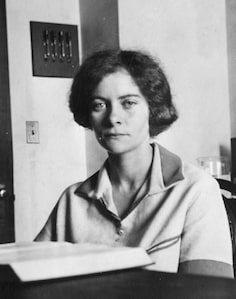
Isabella Gordon
Marine Biologist
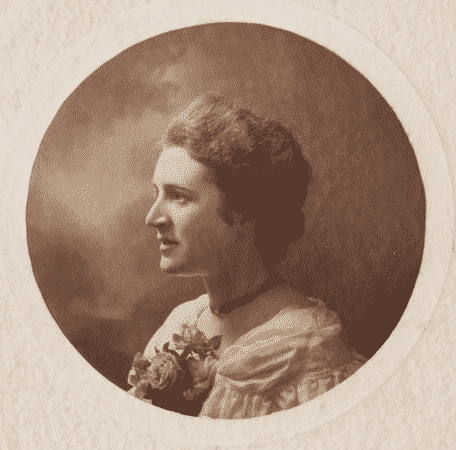
Agnes Arber
Botanist
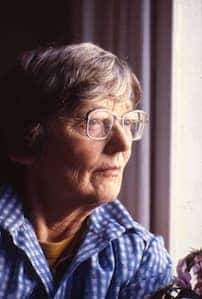
Elaine Bullard
Botanist

Miriam Rothschild
Entomologist and Conservationist
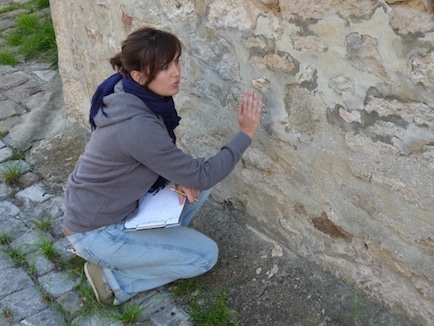
Aurélie Turmel
Geologist and Archaeologist
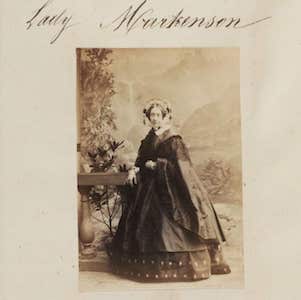
Charlotte Murchison
Geologist

Mari Cole
Physicist
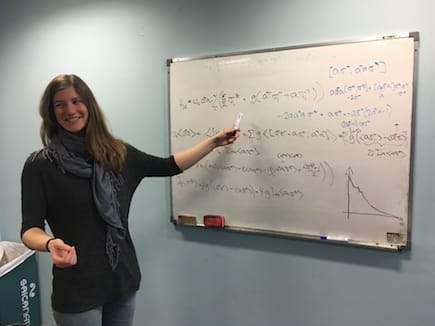
Stephanie Matern
Physicist
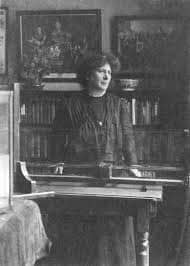
Hertha Ayrton
Physicist
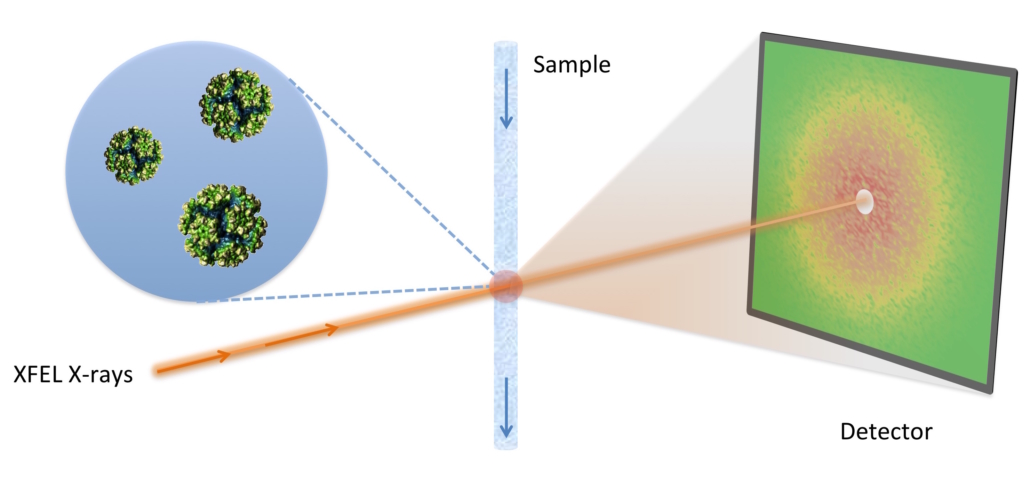
Janette Dunlop
Physicist

Lethy Krishnan Jagadamma
Physicist

Ada Lovelace
Mathematician and Computer Pioneer
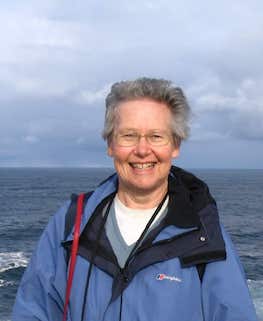
Marjory Roy
Meteorologist
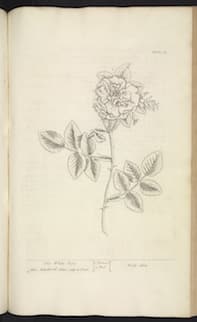
Elizabeth Blackwell
Botanical illustrator

Barbara Clayton
Chemical Pathologist
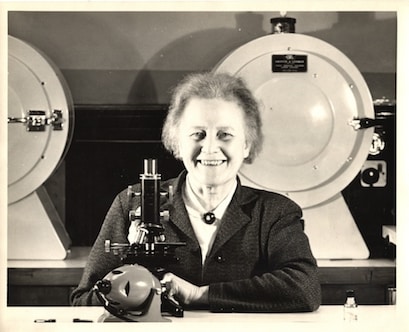
Nora Miller
Zoologist

Sarah Hamilton
Conservation Scientist

Sarah Watts
Ecologist

Caroline Herschel
Astronomer
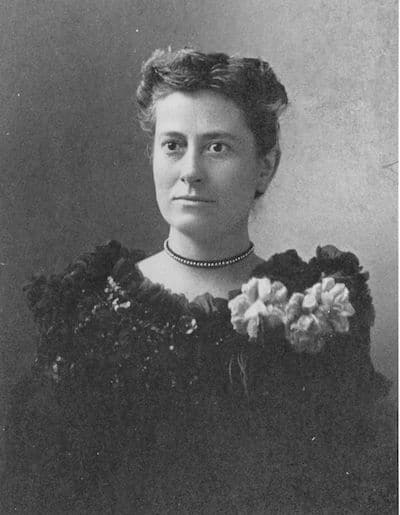
Williamina Fleming
Astronomer
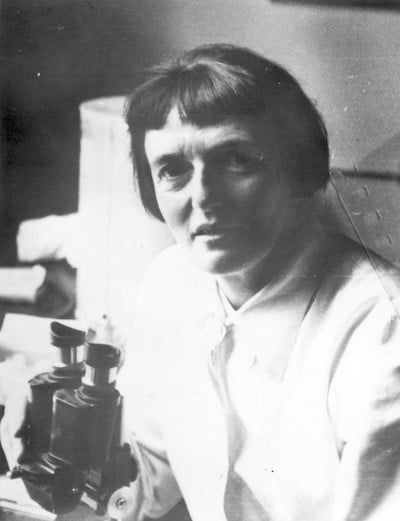
Charlotte Auerbach
Biologist

Laura Florence
Entomologist
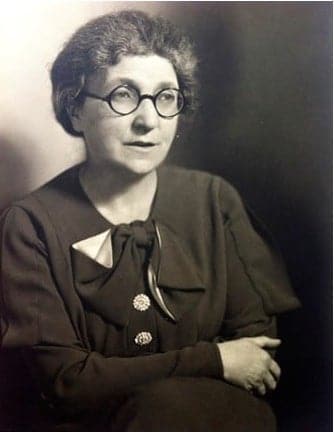
Muriel Robertson
Protozoologist and Bacteriologist

Andrea Nolan
Veterinary Medicine

Karen Diele
Marine Ecologist
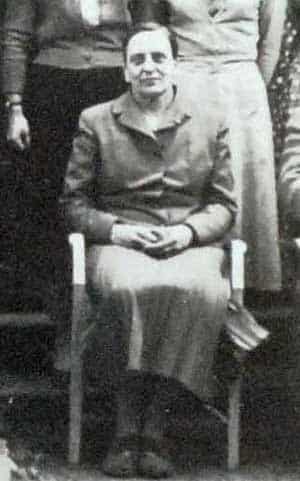
Marion Ross
Physicist
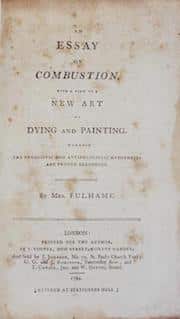
Elizabeth Fulhame
Chemist

Emma Hart
Bio-inspired computing
